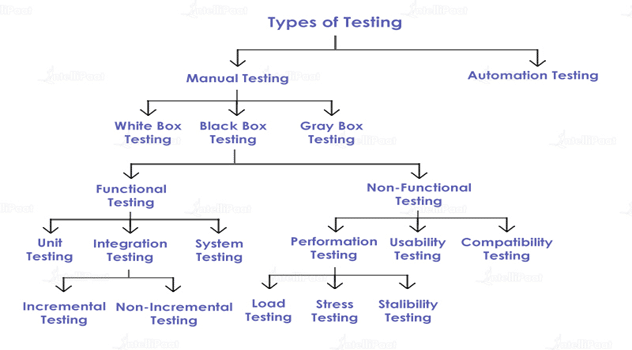Software Testing Certification: An In-depth Guide

As the software industry evolves, the need for quality assurance increases, pushing the demand for skilled software testers to new heights. A software testing certification can enhance your credibility, improve your skills, and open doors to new career opportunities. This comprehensive guide will dive into the world of software testing certifications.
Understanding Software Testing
Before we talk about certification, let’s take a moment to understand software testing. Software testing is a process that involves evaluating a system or an application to find if there are any errors, gaps, or missing requirements. It’s a crucial phase of the software development life cycle (SDLC) to ensure that the software meets the required quality standards.
Importance of Software Testing Certification
While hands-on experience is essential in software testing, having a certification has its perks. It validates your skills, demonstrating that you possess the knowledge and expertise required for the job. It also shows that you’re up to date with the latest trends and technologies in the industry. A software testing certification could be the difference between landing a job or promotion and missing out.
Types of Software Testing Certifications
There are several certifications you can consider based on your experience and career goals. Here are some of the most recognized ones:
ISTQB® Certified Tester
The International Software Testing Qualifications Board (ISTQB®) offers a range of globally recognized certifications. Their Certified Tester Foundation Level (CTFL) is a great starting point for those new to software testing.
Certified Software Tester (CSTE)
Offered by the Quality Assurance Institute (QAI), the Certified Software Tester (CSTE) certification is designed for professionals who have a foundational understanding of software testing and want to elevate their career.
Certified Agile Tester (CAT)
If you’re working in an Agile environment, consider the Certified Agile Tester (CAT) certification from ISTQB®. This certification demonstrates your ability to work effectively in a team-oriented, fast-paced Agile setting.
Preparation for Software Testing Certification
Preparing for software testing certification requires dedication and a structured approach. Here are a few steps to guide you:
- Choose the right certification: The first step is to decide on the certification that aligns with your career goals. Each certification has a unique focus, so choose one that resonates with your current skills and future aspirations.
- Understand the syllabus: Once you’ve chosen your certification, familiarize yourself with the syllabus. This gives you a clear idea of what areas you need to focus on.
- Study consistently: Regular study is essential. Allocate a specific amount of time each day for studying.
- Practice: As with any exam, practice is key. Solve sample papers, take up mock tests, and apply the concepts you learn in a real or simulated environment.
- Join a study group: Engaging with other learners can help you understand different perspectives and solve doubts.
Try these 50+ Software Testing Interview Questions today.
Benefits of Software Testing Certification
Having a software testing certification offers numerous benefits:
- Enhanced job prospects: Employers often prefer hiring certified professionals as it assures them of the candidate’s abilities.
- Increased credibility: Certifications boost your professional credibility as they validate your skills and knowledge in the field.
- Higher earning potential: Certified professionals often command higher salaries than their non-certified counterparts.
Conclusion
In the evolving software industry, having a software testing certification can give you a competitive edge. It not only validates your skills but also shows your commitment to professional development. Whether you’re a seasoned tester or a novice, earning a software testing certification can be a significant step towards a rewarding career in software quality assurance.
